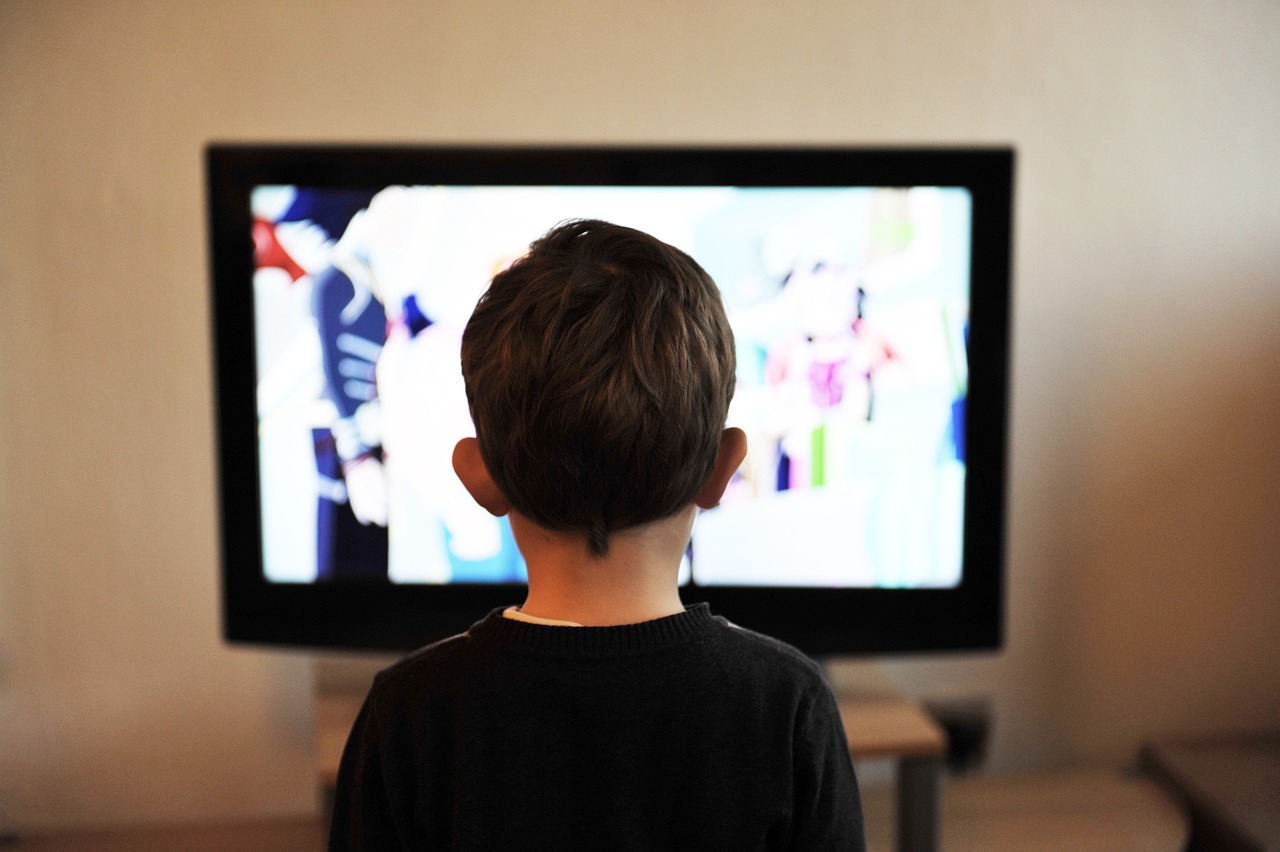This website uses cookies so that we can provide you with the best user experience possible. Cookie information is stored in your browser and performs functions such as recognising you when you return to our website and helping our team to understand which sections of the website you find most interesting and useful.


Helping Young Minds Thrive:
A Guide to Supporting Children Under 12 with managing Screen Time
In today’s digital age, screens have become an integral part of our lives, and this holds true for children as well. From educational apps to entertaining games, screens offer a wealth of information and engagement. However, striking a balance between screen time and other activities is crucial for the healthy development of children under 12. As parents, it is our responsibility to provide guidance and support to help them navigate this digital landscape wisely. In this blog, we’ll explore some effective strategies to assist your young ones in managing their screen time:
Set Clear Boundaries: Establishing clear guidelines from the start is essential. Designate specific periods for screen use, such as limiting it to one to two hours per day for non-educational purposes. Communicate these rules to your children and ensure they understand the reasoning behind them.
Be a Role Model: Children often mimic the behaviour of their parents and caregivers. Demonstrate healthy screen habits by managing your own screen time appropriately. When you prioritise face-to-face interactions and family activities, your child will learn to do the same.

Encourage Outdoor Activities: Engaging in outdoor activities promotes physical health, creativity, and social skills. Encourage your child to participate in sports, explore nature, or simply play outside with friends. A healthy balance between screen time and outdoor play is crucial for their overall well-being.
Screen Time Shouldn’t Replace Sleep: Ensure that screen time doesn’t interfere with your child’s sleep schedule. Exposure to screens before bedtime can disrupt sleep patterns, affecting their overall mood and concentration. Establish screen-free zones in bedrooms to create a conducive sleep environment.
Educational Content Matters: Not all screen time is equal. Utilize age-appropriate educational apps, websites, and interactive learning tools. These can enhance your child’s knowledge and skills while making screen time more productive.
Engage in Co-Viewing and Co-Playing: Whenever possible, participate in your child’s screen time activities. Co-viewing and co-playing allow you to monitor the content they consume and engage in meaningful discussions around what they’re watching or playing.
Use Screen Time as a Reward: Frame screen time as a reward for completing chores, homework, or engaging in extracurricular activities. This can motivate your child to be responsible and productive throughout the day.

Create Alternative Entertainment Options: Encourage your child to explore other hobbies and interests. Keep a variety of books, art supplies, board games, and toys readily available to pique their curiosity and offer alternatives to screens.
Implement Tech-Free Family Time: Dedicate specific times during the week as “tech-free family time.” Use this opportunity to bond, engage in conversations, or plan fun activities together. This reinforces the importance of real-world connections.
Be Patient and Flexible: Screen time management is a learning process for both children and parents. Be patient with your child as they adapt to the new rules. Monitor their reactions and be open to adjusting the guidelines as needed.
Remember, the goal is not to eliminate screens entirely but to help children use them responsibly and in moderation. By providing consistent support and guidance, you can empower your child to develop healthy screen habits that will serve them well into their teenage years and beyond. Together, we can create a balanced digital environment that nurtures young minds while allowing them to explore the world beyond the screen. Happy parenting!
If you like this post please share it!
Leave A Comment Below
Recent Posts
- Rize Up Ball June 17, 2024
- Helping Young Minds Thrive: July 28, 2023
- Unleashing the Power of Play: A Journey into Play Therapy May 9, 2023
- Flourish Walk for Cystic Fibrosis December 22, 2022
- How to Deal with Self-Sabotaging Beliefs August 15, 2022



